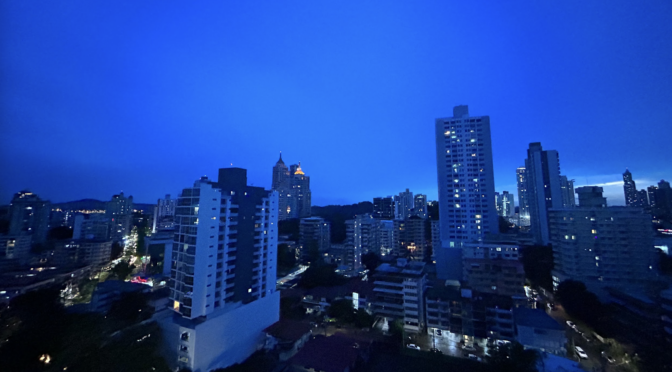By Frances Parra, Undergraduate student at the UT McCombs School of Business
As my time in Panama came to an end, I was tasked with the professional culmination of my internship, as well as the goodbyes to the place and people I called home for the entirety of the summer. My research for International IDEA had explored topics such as political risk, governance, and foreign policy in Latin American countries. Although my primary focus was Latin America, my investigations delved into the foreign relations of Latin American countries with regions around the world, including Asia, Europe, and North America. Overall, it sought to understand these topics as they pertain to democratic governance and society in Latin America today and in the future.
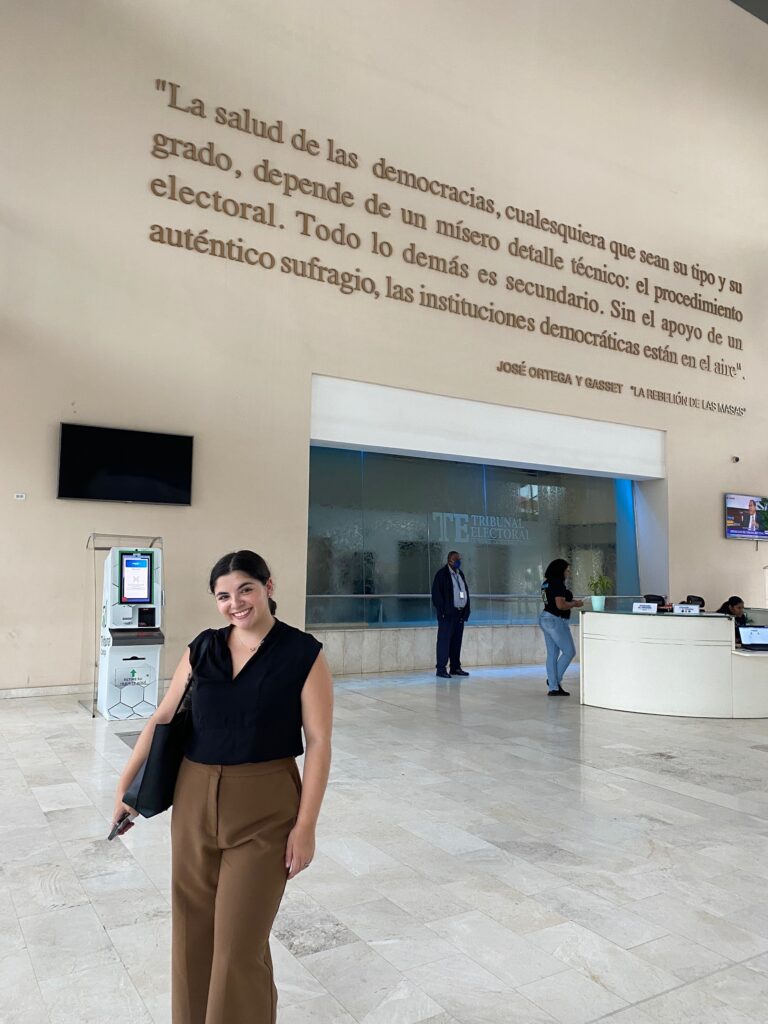
Given the end goal of producing an annotated bibliography and report on my overall research, I spent the last few weeks piecing together my work from the entire summer. My specific instructions in this final report were to ‘tell a story with the new knowledge I had gained.’ As a result, the first step in my process was to reflect on exactly what it was I had learned from my research. Once done, I began to write and, honestly, my report wrote itself!
In short, I explored the concept of political risk, considering economic, social, financial, and political instability as factors affecting foreign investors and exporters. In the socioeconomic sphere, I emphasized the impact of COVID-19 and inequality on the region’s economic stability, highlighting China’s geopolitical influence as it pertains to Latin America and its global raw material dependence. In the governance sphere, I examined components of governance shaping political dynamics, including accountability, equity, responsiveness, and rule of law. Latin American countries (like so many countries) struggle with inclusion and political competition, but also recognize the importance of political parties and other competitive fora for democracy. In particular, I examined the role of state reforms, decentralization, and social policy in the context of governance transformation in Latin American countries. Additionally, I briefly touched on the implementation of artificial intelligence policy and the need for context-specific policy design.
Migrating towards my focus on Latin American foreign relations, I delved into the region’s evolving relationships with the United States, China, Europe, Taiwan, and, more recently, India. In this area, China’s growing economic influence in the region has been key, as well as its impact on trade and investment, and its tensions with traditional powers like the United States and Europe. I addressed Taiwan’s challenges with diplomatic recognition and the complex diplomatic landscape in Latin America. Similarly, I explored the partnership between the European Union and Latin America, emphasizing shared goals in areas such as climate action, digital transformation, and human rights, as well as efforts to enhance political engagement, trade, and sustainable development between the two regions. In short, my work sought to provide comprehensive insights into Latin America’s political risk, governance, and foreign relations, highlighting the challenges and opportunities the region faces in an evolving global context.
In this process, I learned much about the complexities of the political sphere of Latin America and how each of my assigned topics were interrelated. It was especially interesting to be able to apply information learned on IDEA-sponsored field trips or our personal group excursions to the research I was doing in the office.
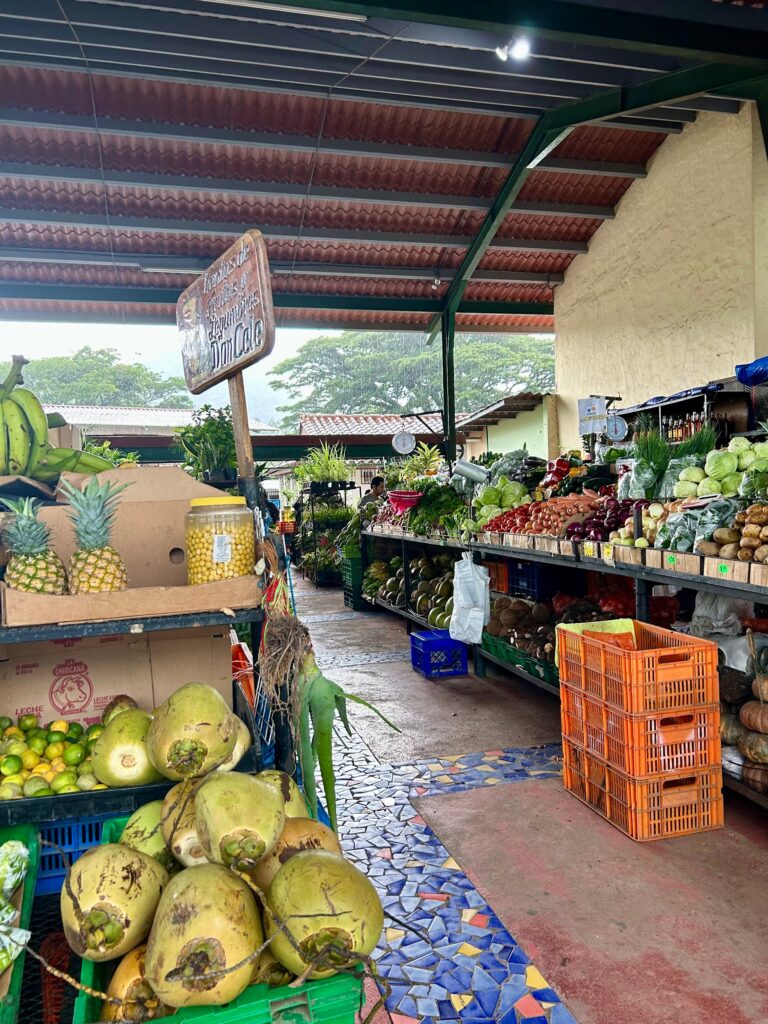
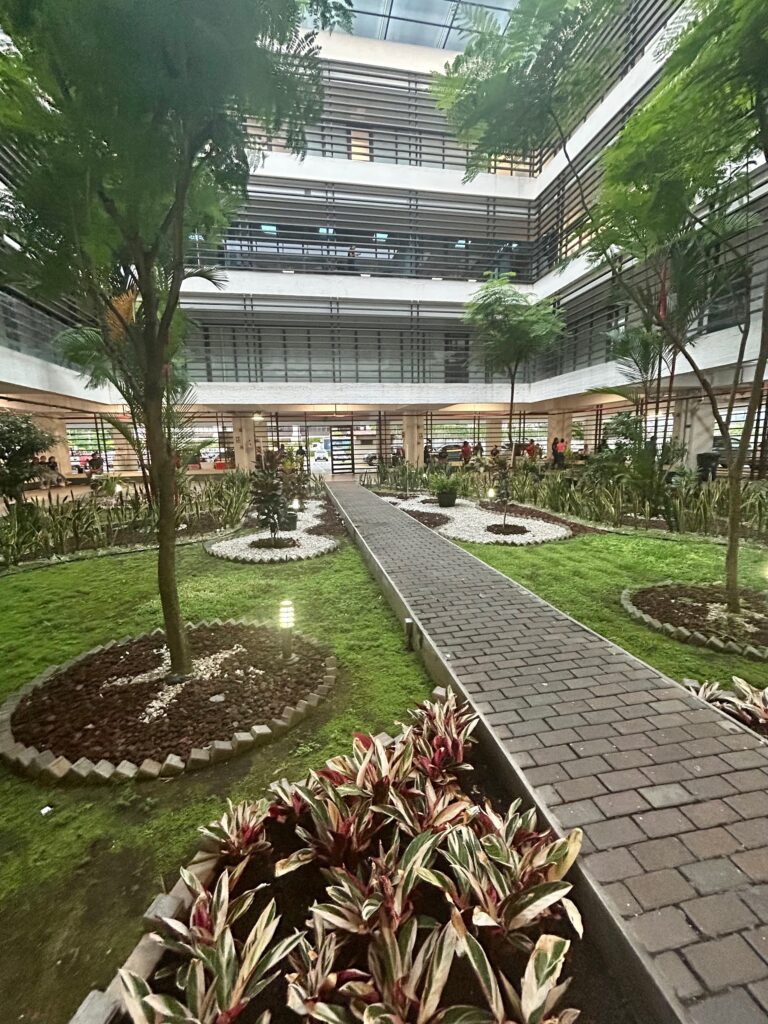

Once I had completed my internship tasks, it was time to say final goodbyes to Panama City before we went our separate ways. To do this, we as a group revisited some of our favorite places (and people). This included game nights with some friends from the office and many, many family dinners. We made sure to leave time for all of the touristy sightseeing around the city that we may have missed before our respective departures. This included visiting various rooftop restaurants in Casco Viejo, a few more museums, and of course souvenir shopping. We visited the beloved malls across the city and paid our respects to the offices located in the beautiful Electoral Tribunal of Panama. All of this was of course bittersweet.
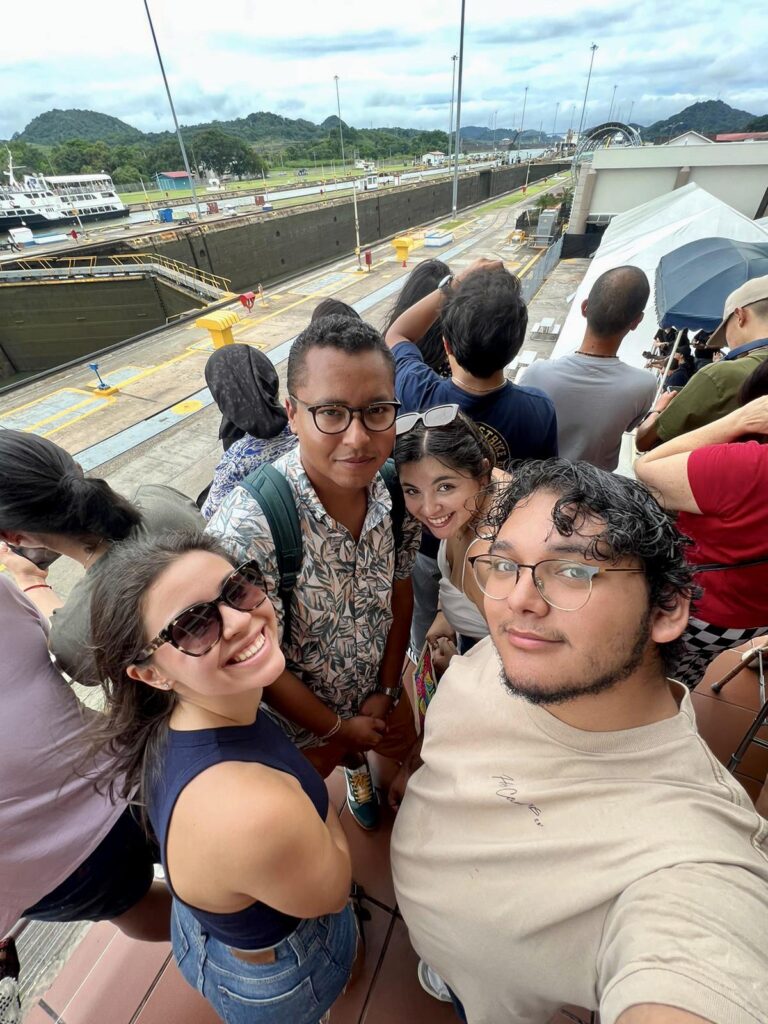
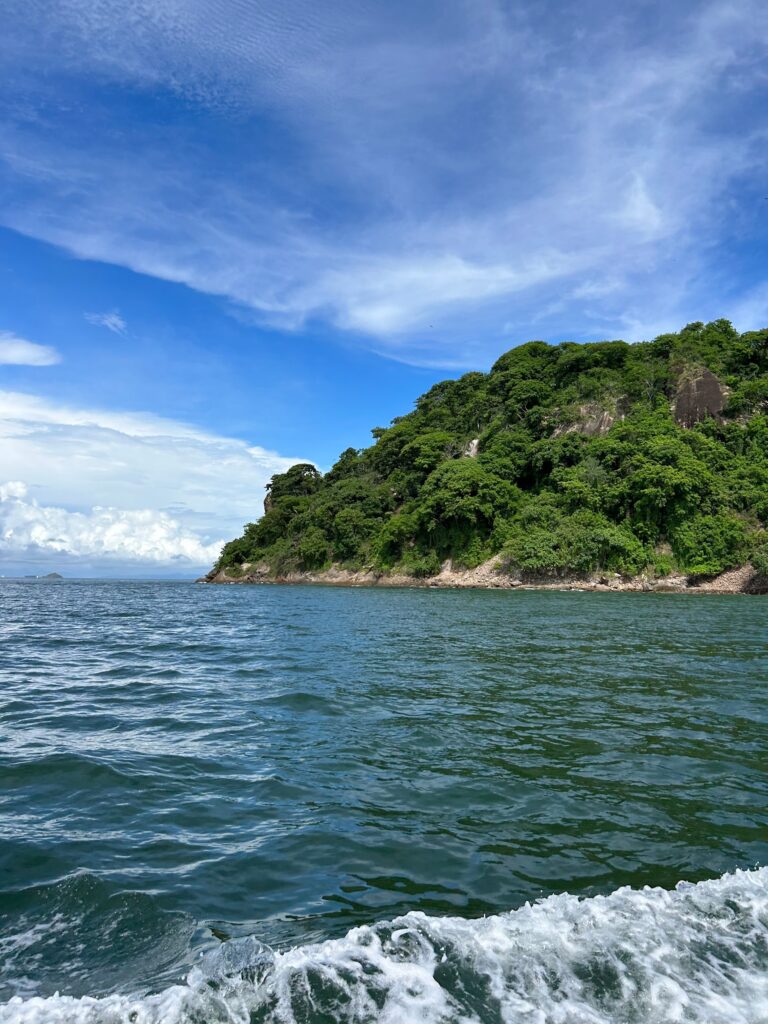
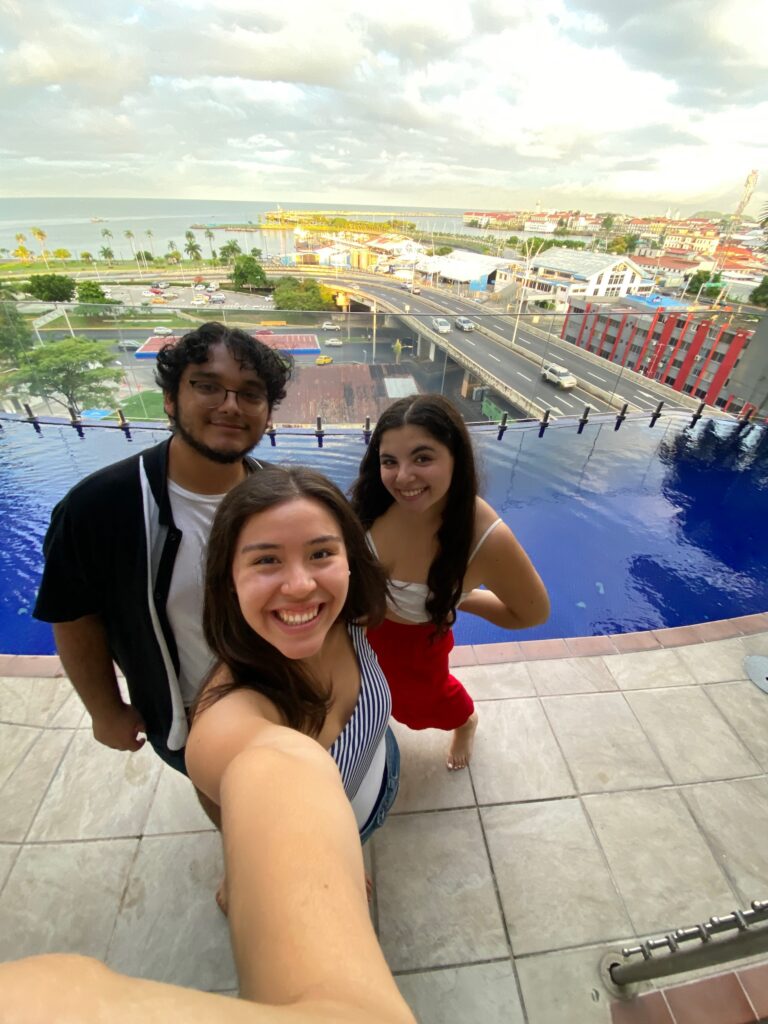
After months away from home and our comfort zones, we were excited to go back to Austin but so sad to be leaving everything we had come to love. We were each on our way to different countries, cities, and lives but had so many shared experiences to keep us connected. Although I would be leaving to Peru for another UT project, I knew we would keep in touch.
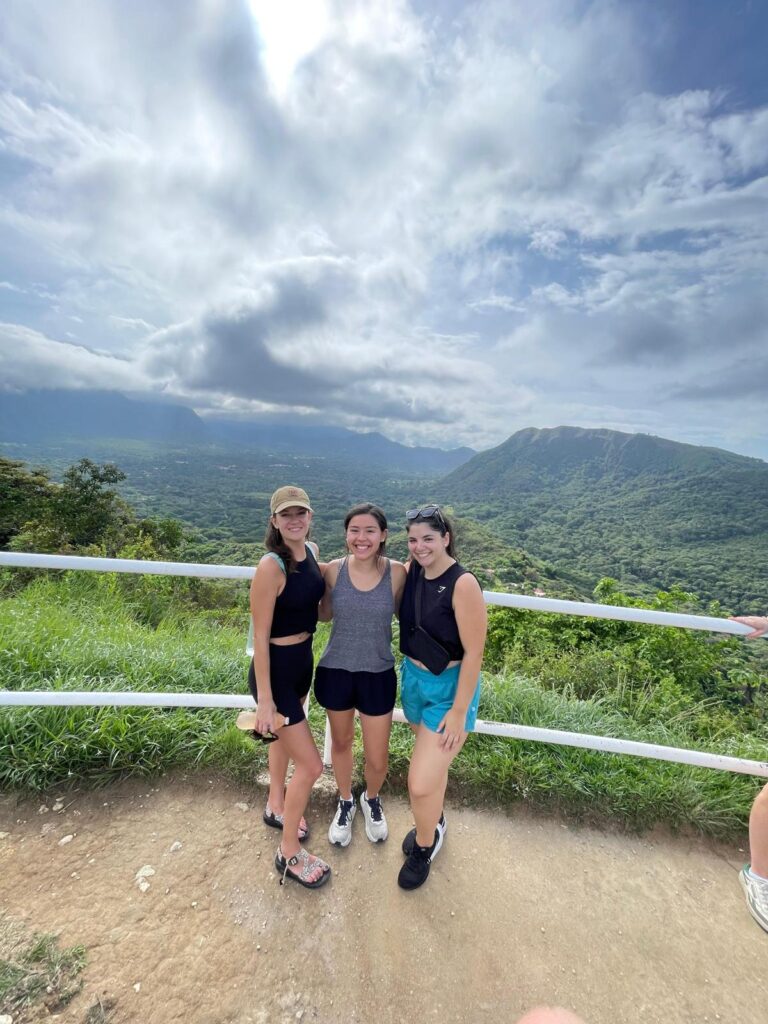
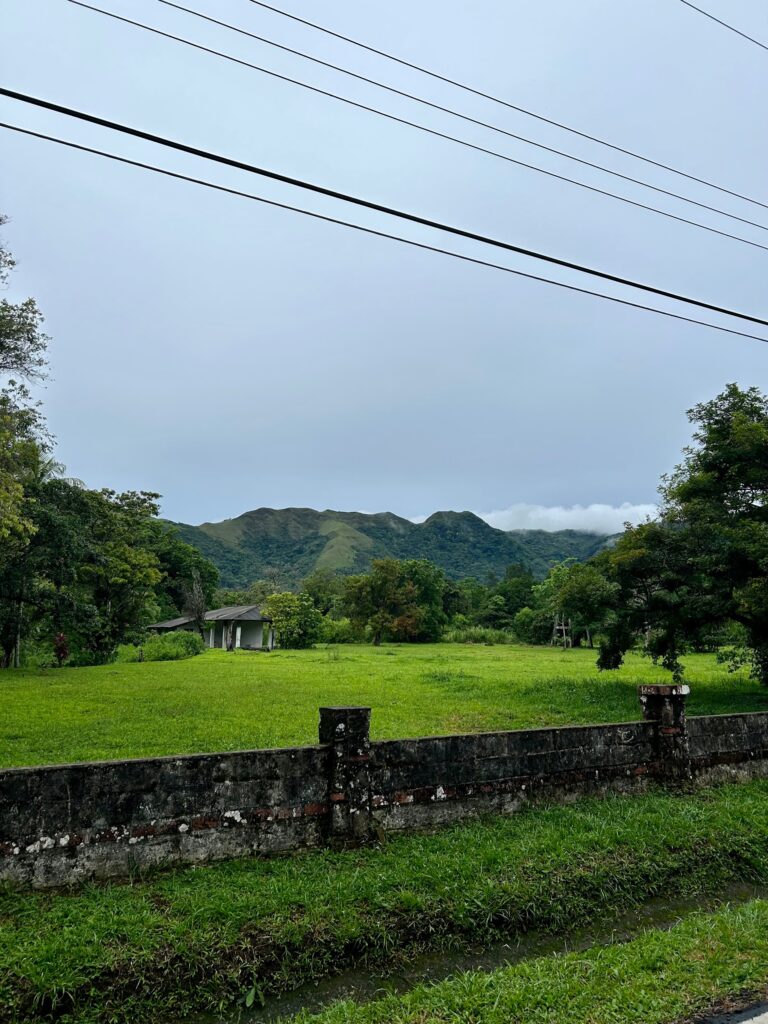
That being said, saying goodbye to my five new friends was especially difficult. From hiking mountains to exploring the ocean, they had been my partners-in-crime on this new adventure abroad, and made Panama the incredible experience it had been. I am incredibly grateful to have had the opportunity to intern in Latin America and can’t stress enough how impactful it was to have lived, worked, and experienced life in another country.
Thank you to IDEA International, the Global Career Launch Program at the University of Texas at Austin, Texas Global, Dr. Moran and Dr. Elkins, and my Panama family for giving me the opportunity to grow as a person and have the summer of a lifetime.
